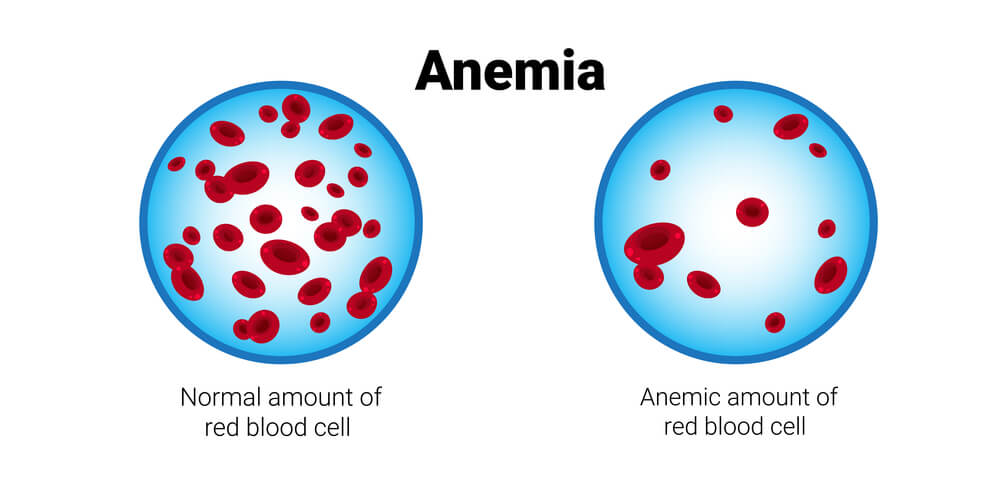With more than four million babies born in the United States each year, it’s easy to forget how miraculous each newborn really is. Once an egg is fertilized it must undergo millions of cell division and differentiation in order to develop into a normal baby.
Since you have little or no control over the genetic programming and replication of a fertilized egg, it makes sense to focus on the things that you do have control over, to balance the scales in your favor. You can control how you take care of your body and how you respond to environmental factors or chronic illness.
When you prevent the scale from tipping toward the heavy end, it will be easier to become pregnant and carry a child successfully. Weight control also has a profound impact on avoiding certain chronic health conditions that are a direct result of being overweight.
Whether you are trying to get pregnant or are already pregnant, you can increase your chance of delivering a healthy newborn by managing your weight appropriately. Here are three simple steps to help you on this journey.
- know your BMI
- set a target gain
- monitor your weight
know your BMI: Before knowing how much weight you should expect to gain during pregnancy, you must first know where you stand prior to conception. This is typically measured by calculating your body mass index (BMI). BMI measures how appropriate your weight is for your specific height. BMI is not perfect as it doesn’t take into account age, sex or body type but does give a general idea of how appropriate your weight is. BMI is easy to calculate and accurate for most people.
Use the following online calculator to calculate your BMI
BMI Calculator (Click)
BMI Ranges
underweight –
BMI of less than 18.5
normal –
BMI range of 18.5-24.9
overweight –
BMI range of 25-29.9
obese –
greater than 30
set a target gain: It is helpful to know how much weight you should expect to gain during pregnancy. A shorter or smaller woman should aim to gain amounts at the lower end of the range. The current recommendations set by the IOM in 2009 are:
normal BMI –
25 to 35 pounds
underweight –
28 to 40 pounds
overweight –
15 to 25 pounds
obese –
11 to 20 pounds
twins gestation –
up to 45 pounds
monitor your weight: Routine prenatal visits are an ideal way to routinely record weight gain. However, these visits are often monthly initially, and weight can quickly skyrocket out of control if you don’t take responsibility for your own weight. Use the scale as a measuring tool NOT a judgment scale of how good you are. Take accountability for your weight and please discuss any problems or concerns that you may be having with your provider.
Here are some of the benefits for you in maintaining the proper weight:
☺ PRE-PREGNANCY: It will be easier to become pregnant, especially if you have Polycystic Ovarian Syndrome (PCOS). A modest weight loss of just five to ten percent can often normalize your cycles and make it easier to become pregnant.
☺ Achieving your target gain will ease the discomforts of pregnancy: heartburn, backache and various pains (i.e. sciatica).
☺ It will make labor easier and decrease the chance for prolonged labor or the need for a c-section. When you are physically fit, the uterine muscles tend to contract more efficiently and physical exercise creates mental power as well as physical strength.
☺ Your recovery period will be shorter. This will give you more energy to take care of what matters most…your new baby!
☺ You will return to your pre-pregnant weight more quickly during the postpartum period.
☺ Research has shown that women who gain too much weight during pregnancy were two to four times more likely to become overweight or obese in the future.
☺ Gaining the appropriate amount of weight will help emotionally. Along with the physical burden of weight comes to fatigue, discouragement, self-esteem issues, and possibly depression. You will feel more like yourself.
benefits for baby:
☺ Appropriate weight gain lessens the chance of delivering a baby that is too big or too small.
☺ A normal weight gain decreases the chance that the baby will need services of the neonatal intensive care unit (NICU) because of newborn trauma or distress, thus minimizing the risk of maternal/newborn separation.
☺ The March of Dimes suggests there may be a link between rising obesity rates and increasing birth defects.
☺ Research has shown that very small and very large babies have a greater chance of becoming obese later in life. Large babies have more fat cells which can increase in size as children grow and eat excess calories. Small babies are deprived in utero and have learned to adapt to less food by holding onto calories. They typically catch up after they are born and acquire more central fat. This is the visceral fat that contributes to heart disease in adulthood. Small babies are conditioned in-utero to become very efficient at storing energy as fat for future needs.
☺ The bottom line is: gaining the appropriate amount of weight during pregnancy improves the likelihood that your child will have good health in the future.
noteworthy:
☼ The average woman should gain 10 pounds by mid-pregnancy to decrease the risk of having a baby that is small for gestational age (SGA) or smaller than expected.
☼ A sudden sharp increase in weight of three to five pounds during a week in the last trimester may indicate excessive fluid retention and be a sign of preeclampsia.
☼ Weight gain will vary with each pregnancy and among women, but if there is anything out of the ordinary, you should discuss this with your health care provider.
☼ Since more than half of women in their reproductive years’ ages 18 to 40 are overweight (BMI of 25 or more) or obese (BMI of 30 or more), be sure to discuss the target weight gain with your provider. This should be addressed at your first prenatal visit with your pre-pregnant BMI in mind. Studies have shown a correlation between providers’ recommended weight gain and a woman’s actual weight gain during pregnancy. Hence, if you have a goal in mind and write it down, you have a better chance of achieving your target gain, and not more.
summary:
- know your BMI
- set a target gain
- monitor your weight













